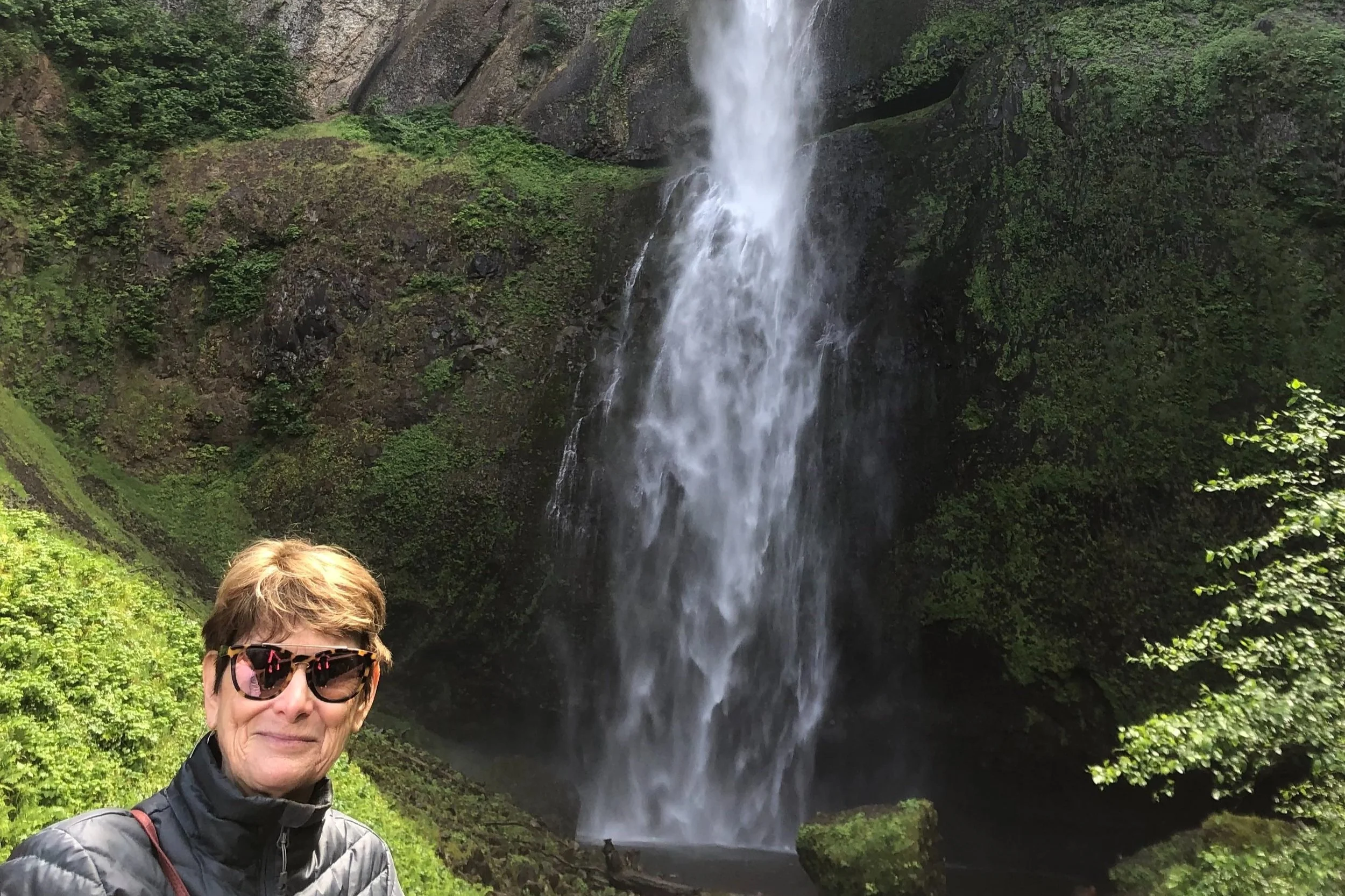Reportedly, the Finnish key to happiness is reduced expectations—being grateful and not
wanting more than one needs or has. There must be something to that since Finland has been
ranked as the happiest country in the world for the last six years. (Wait, I thought that was
Bhutan. Or was that seven years ago?) In Buddhism thought, suffering arises from desire, so
one might assume that suffering is an impediment to happiness. Expectations: “a strong belief
that something will happen or be the case in the future.” Desire: “a strong feeling of wanting
to have something or wishing for something to happen.” Hmmm, ‘expectations’ and ‘desire’
seem awfully similar to me. Am I to conclude then that happiness arises from not wanting?
Thinking about the two brought Emily Dickinson’s tricky poem, and one of my favorites, “Hope
is the thing with feathers” to mind. If “hope is the thing with feathers/ That perches in the soul,/
And sings the tune without the words,/ And never stops at all. . .” then it seems, at first blush
anyway, that the comparison of hope to a bird is a positive human experience and to hope is a
good thing. But further in the poem, the images are not so clear-cut and positive, making the
reader question whether hoping/wanting/expecting is a good thing after all.
The speaker in the poem goes on to say “And sweetest in the gale is heard;/ And sore must be
the storm/ That could abash the little bird/ That kept so many warm./ I’ve heard it in the stillest
land,/ And on the strangest sea;/ Yet, never, in extremity,/ It asked a crumb of me.” Storm,
stillest, strangest, extremity, and crumb might be construed as less than positive. Ahh, so therein
lies the rub, or in this case, the ambiguity. Hope keeps us warm and does not ask anything of
us. It is there whether or not we ask for it. In other words, we cannot but hope even if hope may
be an illusion and therefore ultimately counterintuitive to happiness.
From the perspective of a (recently retired) English professor, this is a wonderful poem to teach
because it gives rise to varying perspectives. But it does little to answer the question: does
happiness arise from not wanting/hoping/desiring, and conversely, where in the world would we
be without hope?
